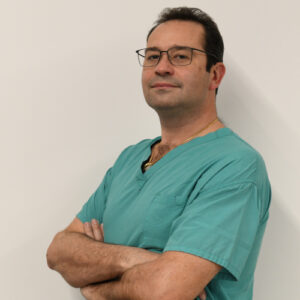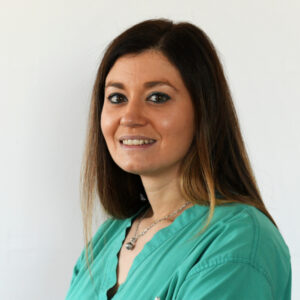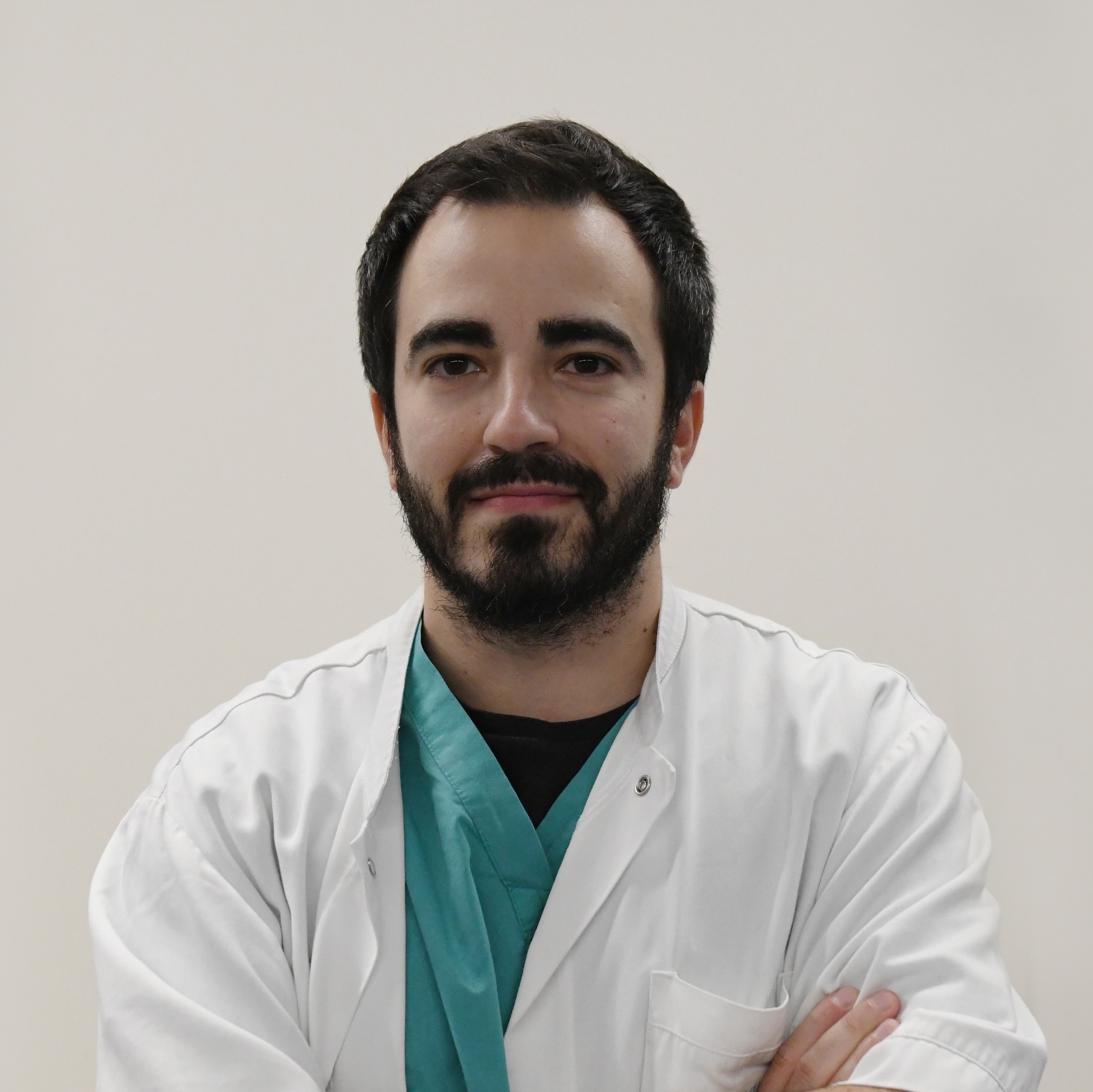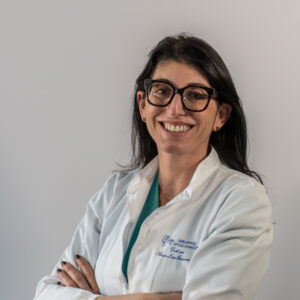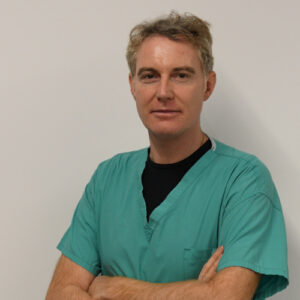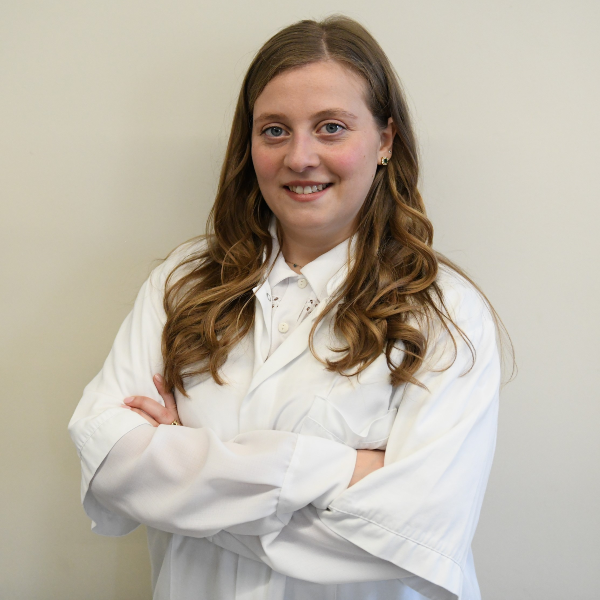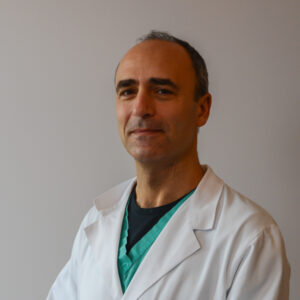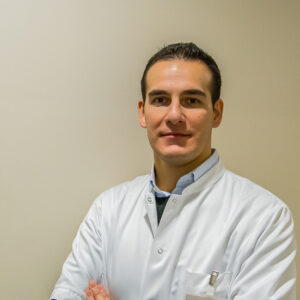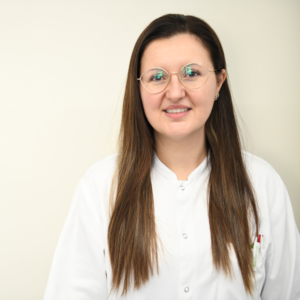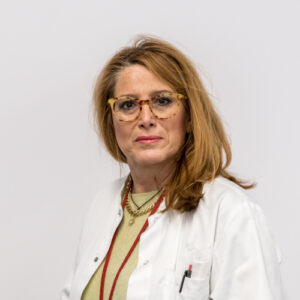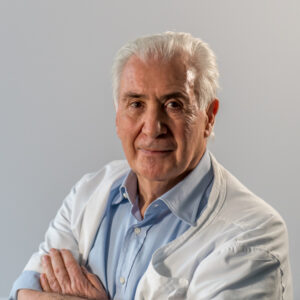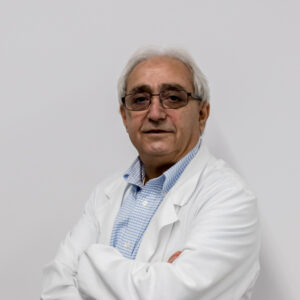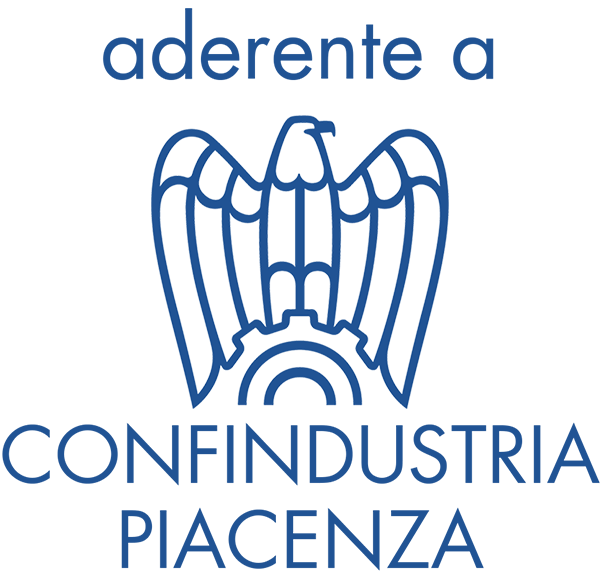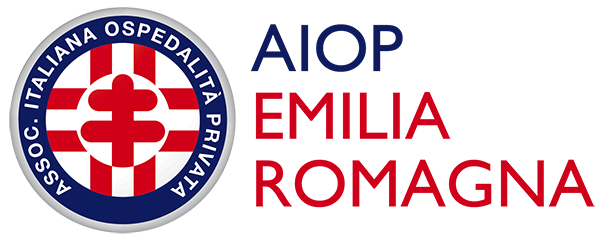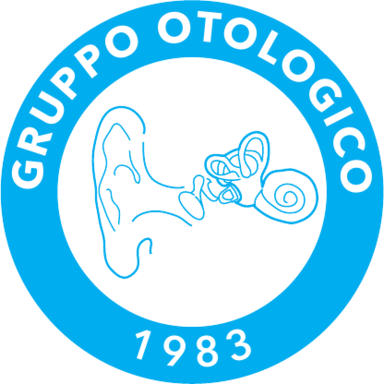Sinusitis
Sinusitis is an inflammation of the paranasal sinuses, the cavities within the thickness of the cranial bones, at the root of the nose and below the eyebrows. These anatomical structures communicate with the nose through the ostia, small ducts that allow the passage of mucus produced by the mucosa lining the sinuses into the nose. A variety of pathologies affect the nose and the paranasal sinuses, which are formed by the frontal, ethmoidal, maxillary, and sphenoidal sinuses. The causes underlying sinusitis are diverse and include:
- allergic reactions;
- anatomical defects of the paranasal sinuses (e.g., nasal septum deviation);
- nasal polyps;
- facial trauma;
- pathologies of the upper dental arch.
Often, the reason behind the inflammation of the paranasal sinuses is a bacterial, viral, or fungal infection of the upper airways (e.g., cold, flu, and parainfluenza syndromes) or the oral cavity. The disturbances caused by sinusitis generally include: facial pain (the areas usually affected are above and below the eyes, the jaw, and the forehead), nasal congestion, headache, cough with phlegm, general malaise, and fever.
SYMPTOMS
The symptoms of sinusitis vary in the case of acute or chronic conditions. In acute sinusitis, localized pain often corresponding to the affected sinus is the predominant symptom: frontal headache, facial pain or pain at the root of the nose and the orbit, are also present nasal obstruction and rhinorrhea, fever is a sign of worsening condition.
The inflammatory process can extend to adjacent structures and organs such as the orbit.
Chronic sinusitis on the other hand has more subtle symptoms but long-lasting, commonly reported as a sense of heaviness in the forehead or eye and laterally to the nose, alternating with the appearance of painful sensations.
DIAGNOSIS
The diagnosis, in addition to being clinical, is characterized by endoscopic examination and computed tomography (CT) of the facial mass. The diagnosis of sinusitis is based on symptoms and clinical-instrumental data. The examination of the nasal cavities with optical fibers performed in the clinic, before and after nasal decongestion, shows the appearance of the mucosa, the possible presence and characteristics of secretions, and the presence of polyps or other anatomical alterations. It is also possible to perform a culture examination of the secretions to determine the nature of the microbial agent, reserving it for forms resistant to therapies.
The CT radiological examination of the facial mass is useful for precisely locating the site and extent of the pathology and highlighting the structures possibly responsible; it is advisable to perform the CT after a cycle of medical therapy to have a correct estimate of the extent of the pathology, which can be altered by the presence of secretions.
THERAPY
The therapy for sinusitis can be medical in the early stages (generally resolving in acute forms) and possibly surgical. Medical therapy involves cycles of broad-spectrum antibiotics associated with systemic corticosteroids in tapering doses and topical nasal decongestants, possibly antihistamines in the case of allergic pathology. In the case of fungal forms, favored by the abuse of corticosteroid-based nasal decongestants, the use of systemic antifungals is useful.
Surgical therapy, on the other hand, is useful in chronic forms and in cases complicated by the spread of the disease.
Its main objective is the correction of anatomical alterations, the opening of any obstructed natural ostia, and the drainage of secretions accumulated in the sinus cavities. Sinus surgery is performed endoscopically through the nasal passages. In this way, it is possible to perform targeted corrections that allow the recovery of the normal function of the paranasal sinuses while respecting the physiology and function of the nasal structures; for these reasons, it is called F.E.S.S. (Functional Endoscopic Sinus Surgery), which means functional endoscopic sinus surgery. This type of surgery generally involves a short hospital stay as it is functional and minimally invasive. The treatment of such pathologies can be conservative or surgical in case of failure of medical therapy to correct the pathological causes and improve sinus drainage. Endoscopic nasal-sinus surgery is the cornerstone of many forms of surgical therapy. In addition to clinically treating all rhinological pathologies, at the Casa di Cura Piacenza, all types of functional rhinological surgery are performed, such as:
- turbinates hypertrophy (surgical reduction of the inferior turbinates using Quantum Vesalius in day-hospital without nasal packing);
- deviated nasal septum (septoplasty);
- sinusitis;
- polyposis;
- inverted papilloma;
- FESS (Functional Endoscopic Sinus Surgery);
- endoscopic cranial base surgery;
- fibroangiomas;
- transsphenoidal hypophysectomy.
Doctors
Dott. Antonio Caruso
Otorinolaringoiatria, Otologia, Neurotologia, Chirurgia della Base Cranica, Chirurgia Endoscopica dei Seni Paranasali
Dott.ssa Vittoria Di Rubbo
Otorinolaringoiatria, Otologia, Chirurgia della Base Cranica, Neurotologia e Chirurgia Endoscopica dei Seni Paranasali
Dott. Giuseppe Fancello
Otorinolaringoiatria, Otologia, Neurotologia, Chirurgia della Base Cranica, Chirurgia Endoscopica dei Seni Paranasali, Laringologia
Dott.ssa Anna Lisa Giannuzzi
Otorinolaringoiatria, Otologia, Neurotologia, Chirurgia della Base Cranica, Vestibologia
Dott. Lorenzo Lauda
Otorinolaringoiatria, Otologia, Neurotologia, Chirurgia della Base Cranica, Chirurgia Endoscopica dei Seni Paranasali, Chirurgia Riabilitativa del Nervo facciale
Dott. Enrico Piccirillo
Otorinolaringoiatria, Neurotologia, Chirurgia della Base Cranica, Chirurgia Endoscopica dei Seni Paranasali, Oncologia Testa-Collo
Dott. Gianluca Piras
Otorinolaringoiatria, Otologia, Neurotologia, Chirurgia della Base Cranica, Chirurgia Endoscopica dei Seni Paranasali
Dott.ssa Alessandra Russo
Otorinolaringoiatria, Otologia, Neurotologia, Chirurgia della Base Cranica, Chirurgia Ricostruttiva del Padiglione Auricolare
Prof. Mario Sanna
Otorinolaringoiatria, Otologia, Neurotologia, Chirurgia della Base Cranica
Dott. Abdelkader Taibah
Otorinolaringoiatria, Otologia, Neurotologia, Chirurgia della Base Cranica
contacts
Via Morigi, 41
29122, Piacenza (PC)
Tel. (+39) 0523.751280
WhatsApp – 389.2625175
ufficio.privati@casadicura.pc.it

